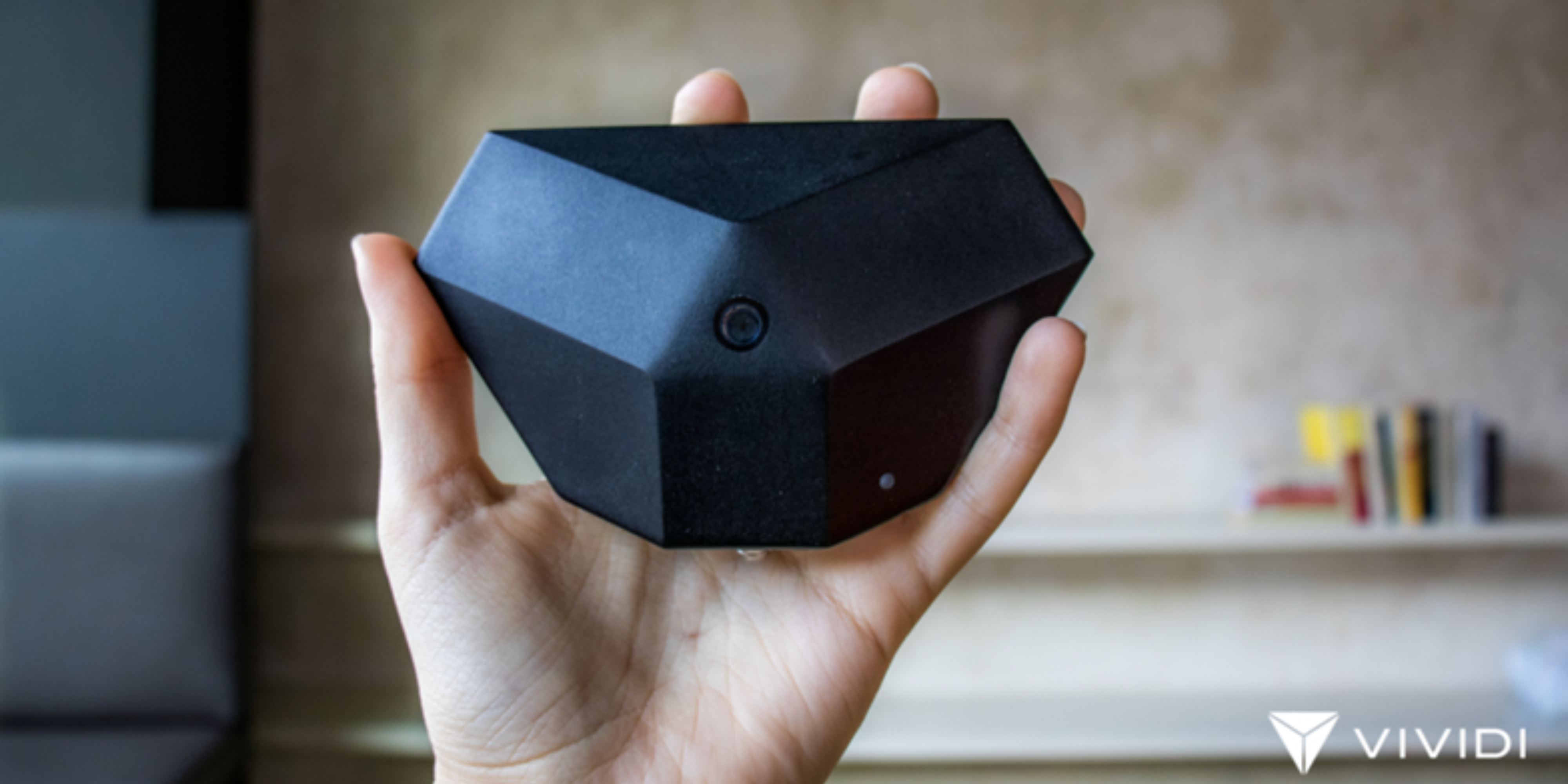Specialising in deep neural network development for various industries – from healthcare to manufacturing, Czech-based Iterait is transforming scientific work into real-life artificial intelligence solutions.
Artificial intelligence (AI) is a smart choice for the future of businesses in various industries. With this in mind, Prague’s Iterait project is developing and delivering complete computer vision AI solutions that can increase the efficiency, productivity and quality of businesses.
By combining Edge Computing and Artificial Intelligence, Iterait developed the VIVIDI device, which addresses this issue with AI-powered sensors and an information-as-a-service platform for physical locations.
Named one of the top Czech startups to watch out for, Iterait raised a funding of around EUR 1.5 million. As per annual turnover in the retail business, this reached a whopping EUR 3 300 billion annually in the EU. Up to 80 % comes from brick-and-mortar retail and the rest from e-commerce.
“Retail analytics aims to provide a single-digit increase in sales and/or cost reduction yielding tens of billions of added value potential,” said Adam Blazek, founder and CEO of Iterait. “This opportunity explains the double-digit CAGR (compound annual growth rate) in the last few years in the retail analytics segment.”
In an interview, Blazek explains the mission behind Iterait: to increase efficiency, productivity and quality of businesses.
What challenge is your company tackling?
Virtually every business with a substantial number of physical locations (e.g. a retail chain) faces challenges in governance, optimisation, and cost management. The root of these challenges lies in the difficulty of gathering and interpreting data about end-customer behaviour and other well-defined Key Performance Indicators (KPIs).
Can you outline the key breakthrough technology/innovation developed and how they have addressed the above challenge?
Our VIVIDI technology is built upon several technological advances in the last decade. First, hardware performance increased substantially every year thanks to better manufacturing processes and application-specific integrated circuit (ASIC) specialisation.
Second, machine learning algorithms were revolutionised with the emergence of deep learning. Last but not least, datasets with previously unseen sizes became readily available allowing to train the aforementioned deep learning models for various use-cases.
The VIVIDI sensor combines all of the described key advances ultimately allowing it to provide an unprecedented value-for-the-money solution.
What are the social or economic benefits arising from Iterait’s technology?
Most of our clients integrate VIDIDI data and insights into their daily business via regular reports or other business intelligence tools. Ultimately, they are able to negotiate higher rents (shopping malls) or identify and fix underperformance issues (retail chains). This benefit typically yields between 1 % and 5 % increased revenue giving our customers 6-12 months of return on investment (ROI).
How did the Enterprise Europe Network (EEN) Single Market Programme (SMP) support your company?
One of our first international partnerships was enabled by Enterprise Europe Network (EEN). That accelerated our EU-scale expansion and provided us with crucial experience with international business.
Would you recommend EEN (SMP) support to others and why?
It is easy to recommend EEN support to others as it brings business for a very little cost. Our cooperation was clearly defined from the very beginning, required little commitment from our side, and ultimately proved to be fruitful.
Source: European Commission I EISMEA (https://bit.ly/3PS0SEh)
